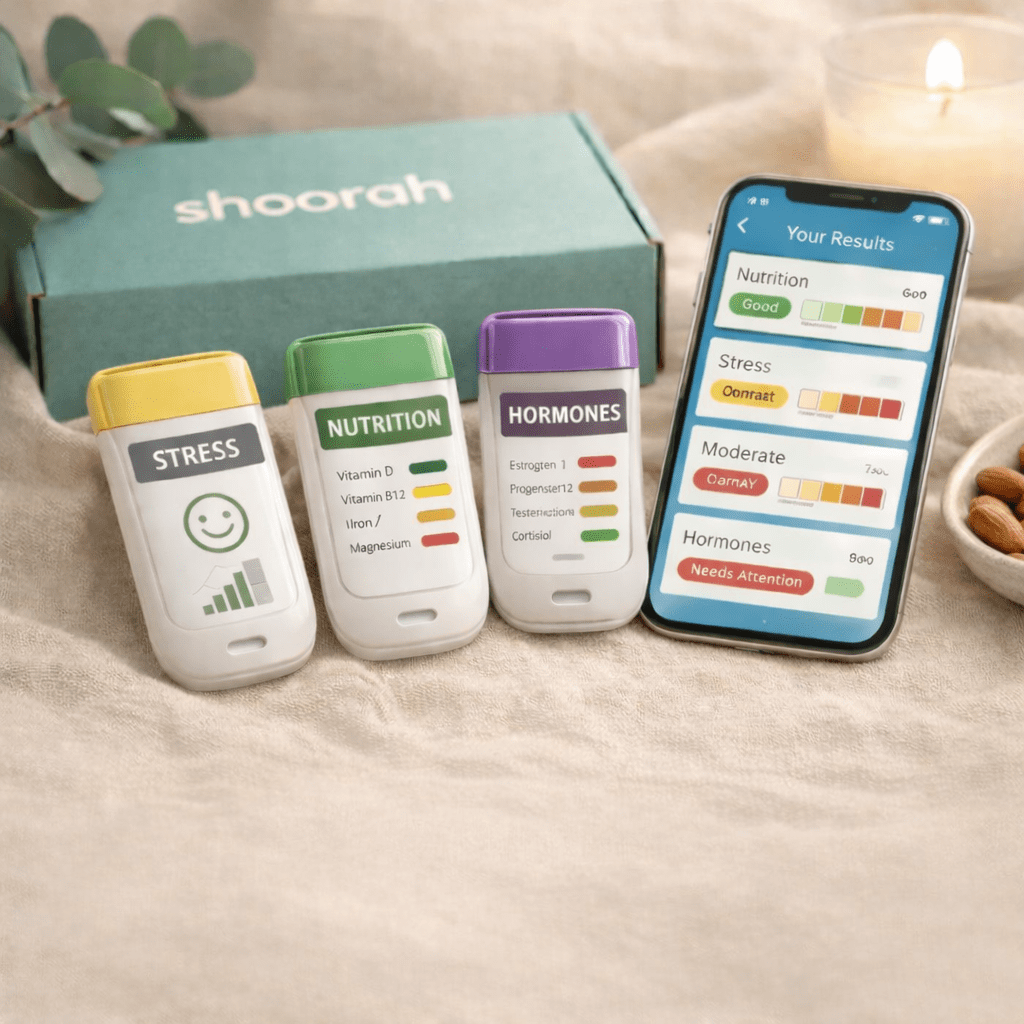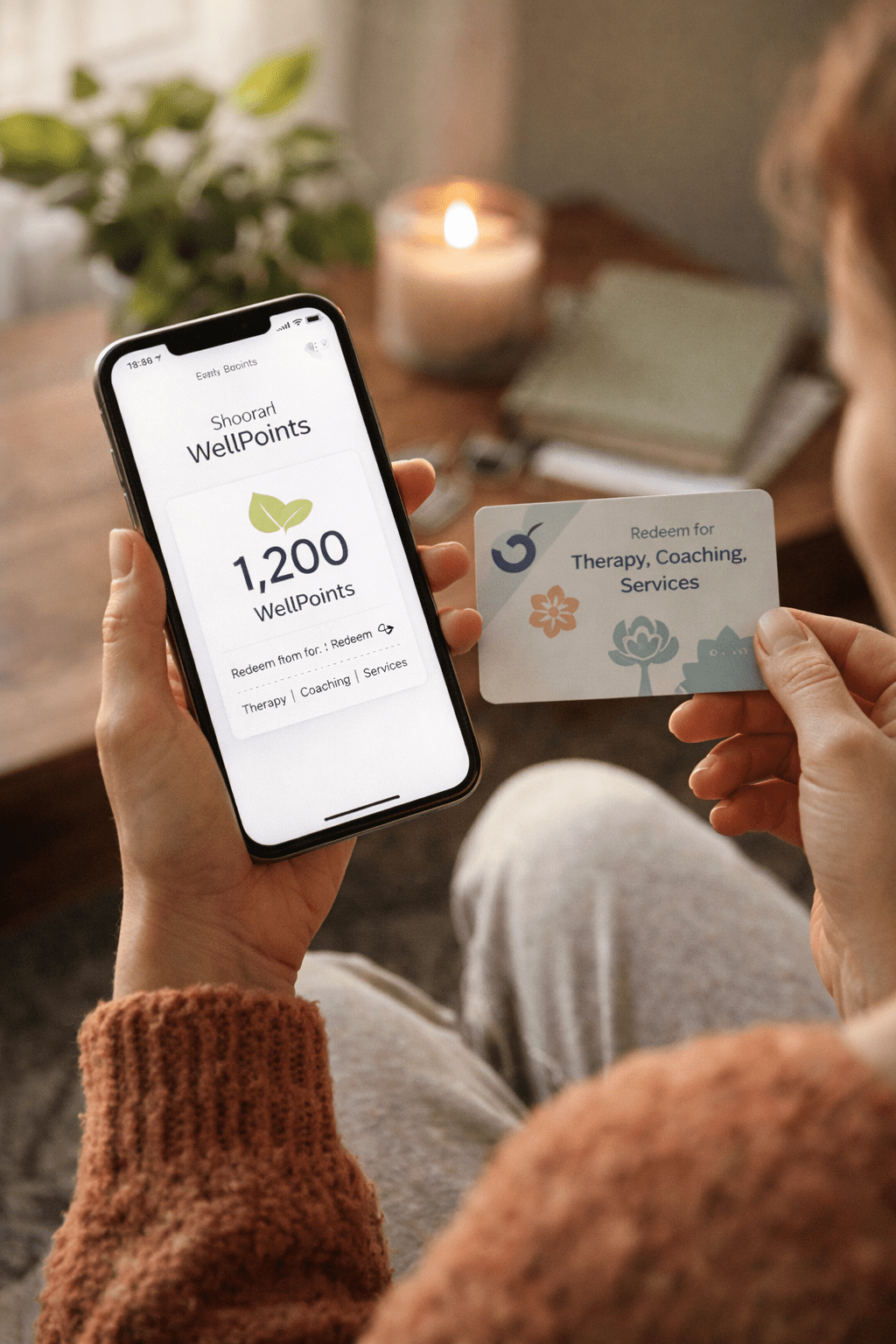Evaluating mental health is a fundamental aspect of holistic wellbeing. Many individuals remain uncertain about how to initiate this critical process. Free mental health self-assessments provide an invaluable, accessible platform to systematically examine symptoms, discern underlying issues, and determine the most appropriate pathways for intervention. Whether grappling with anxiety, considering a potential diagnosis of ADHD, or navigating other psychological challenges, these tools serve as an essential gateway to greater self-awareness and informed decision-making.
The proliferation of these assessments underscores their utility, empowering individuals to engage proactively in their mental health journeys. By offering anonymity and ease of access, they address barriers often encountered by those hesitant to seek immediate professional assistance.
The Salience of Mental Health Self-Assessments
Mental health self-assessments are instrumental in facilitating initial self-reflection and cognitive-emotional analysis. Specifically, they allow individuals to:
- Identify Recurring Patterns: Such tools enable recognition of consistent thoughts, behaviours, or emotional states indicative of underlying psychological concerns.
- Enhance Self-Perception: Respondents are prompted to confront and articulate their emotional and cognitive experiences, thus gaining critical insights.
- Promote Preventive Engagement: Timely identification of potential issues fosters early intervention, reducing the likelihood of escalation into more severe conditions.
- Support Strategic Decision-Making: Enhanced self-awareness informs choices regarding coping mechanisms, therapeutic engagement, and lifestyle adjustments.
While not a replacement for clinical evaluation, these tools represent a pivotal starting point in mental health management, encouraging dialogues that reduce stigma and advance public understanding of psychological wellbeing.
Categories of Mental Health Self-Assessments
Self-assessments are tailored to diverse psychological domains, facilitating a nuanced understanding of specific conditions. The most prominent categories include:
1. Anxiety Assessments
😰 Anxiety presents in multifaceted ways, encompassing cognitive, emotional, and physiological symptoms. Tools such as the GAD-7 (Generalised Anxiety Disorder Assessment) offer evidence-based metrics to evaluate the intensity of symptoms like chronic worry, tension, and hypervigilance. These assessments guide respondents toward recognising patterns that may necessitate clinical follow-up.
2. ADHD Screening Instruments
💡 ADHD, characterised by challenges in attention regulation, impulsivity, and executive function, can significantly impact life domains. The ASRS (Adult ADHD Self-Report Scale) provides structured insights into how these symptoms manifest in daily contexts, from professional productivity to interpersonal dynamics.
3. Depression Evaluation Tools
😔 Depression self-assessments, such as the PHQ-9 (Patient Health Questionnaire), assess core symptoms including persistent low mood, anhedonia, and cognitive fatigue. These tools often furnish respondents with tailored recommendations, bridging the gap between self-awareness and actionable steps.
4. Stress and Burnout Metrics
😩 While stress is ubiquitous, its chronic or overwhelming forms can precipitate serious health consequences. Self-assessments focus on delineating stressors—workload, interpersonal demands, or financial pressures—and their psychological repercussions. They empower users to implement stress-reduction strategies or seek professional guidance.
5. Sleep Health Analysis
😴 Sleep disturbances, frequently concomitant with mental health conditions, exacerbate cognitive and emotional challenges. Sleep-specific self-assessments scrutinise patterns, from insomnia to hypersomnia, offering insights into sleep hygiene and its psychological implications.
6. PTSD Diagnostic Tools
🛡️ Post-traumatic stress disorder assessments evaluate symptoms such as intrusive recollections, avoidance behaviours, and hyperarousal. Designed for individuals with trauma histories, these tools facilitate recognition of PTSD’s nuanced impact on psychological and physiological functioning.
Optimising Self-Assessment Utilisation
To derive maximum utility from self-assessments, consider the following guidelines:
- Adopt an Honest Approach: Candid responses ensure the reliability of results.
- Cultivate a Focused Environment: Minimising external distractions allows for deeper introspection.
- Interpret Results Contextually: Understand the categorisation of symptoms (mild, moderate, severe) as indicative rather than definitive.
- Engage in Follow-Up Actions: Results should catalyse further inquiry, such as consultations with a GP or mental health specialist.
- Monitor Continuously: Repeated assessments can help track changes over time, offering dynamic insights into mental health trajectories.
Authoritative Sources of Self-Assessments
The reliability of a self-assessment hinges on its empirical foundation. Reputable sources include:
- NHS (National Health Service): Comprehensive tools targeting anxiety, depression, and related conditions.
- Mind: A leading charity offering resources for diverse psychological challenges.
- Mental Health Foundation: Practical guides and assessment tools rooted in current research.
- Psychology Tools: Specialist tools aligned with evidence-based therapeutic frameworks.
- Headspace: Incorporates mindfulness practices to contextualise mental health evaluations.
Recognising the Constraints of Self-Assessments
Though valuable, self-assessments have inherent limitations. They:
- Do not constitute a formal diagnosis.
- May not fully capture the complexity of co-occurring conditions.
- Require professional interpretation for nuanced understanding.
Consequently, individuals exhibiting acute or persistent symptoms are urged to seek professional intervention. Self-assessments are a component, not a substitute, for comprehensive mental health care.
Advantages of Early Intervention
Proactive engagement with mental health fosters numerous benefits, including:
- 🌟 Destigmatisation of mental health discussions.
- 🌟 Enhanced quality of life through timely intervention.
- 🌟 Strengthened relational dynamics by addressing interpersonal challenges.
- 🌟 Development of adaptive coping strategies and resilience.
The interplay between self-awareness and professional guidance constitutes a robust framework for navigating psychological challenges, underscoring the transformative potential of early self-assessment.
Concluding Reflections
Free mental health self-assessments serve as indispensable tools for initial exploration into one’s psychological wellbeing. By bridging the gap between individual awareness and professional support, these assessments enable informed, proactive approaches to mental health management.
Investing time in such evaluations not only promotes personal wellbeing but also catalyses broader societal shifts towards prioritising mental health. 🌈 Engage with these tools today to better understand yourself and contribute to a culture that values psychological health as an integral dimension of human flourishing.
A 1000s of Tests (for FREE) completed over the last 4 days! 100s of positive DMs, Emails and 5* reviews off the back of this new Shoorah Self Assessment feature 🙏🏼 This is V1 “Symptoms Testing” it comes with a downloadable pdf report. Our platform also automatically provides users with an in-app and downloadable AI-generated holistic life plan pdf to help reduce symptoms, anxiety, overwhelm and any stress. (Subjective to the result outcomes, any scorings over 80+% are referred to our PEAP feature to speak to a professional health expert) 🤫 V2 will be going live soon, which is a more comprehensive analysis and in-depth testing process. V3 will offer users the ability to share their results directly (and to 3rd parties) with our clinical psychologists and clinical psychiatrists for a further diagnosis, all in-app. Full range of kids tests will be available All tests are built by our CSO Dr & neuroscientists, clinical doctors, clinical director psychologist, our chief medical officer who is a clinical psychiatrist, and our team of experts such as psychoanalysts, therapists, and health advisors who all have rigorously tested this feature. Next steps will include following the DSM5 (USA) recognised by NHS and following the HCPC guidelines, OCD-11 by the World Health Organisation and testing metric scales from scientifically backed methods such as Vanderbilt for ADHD diagnostics and the Spence Children’s Anxiety Scale. We are also working on following the NICE guidelines. Whilst we are pending CQC regulation and NHS recognition, all the V1 tests will remain totally free for all users 🙏🏼 ℹ️ https://shoorah.io 📱
Find Shoorah on both App stores ( Apple & Google Play)



